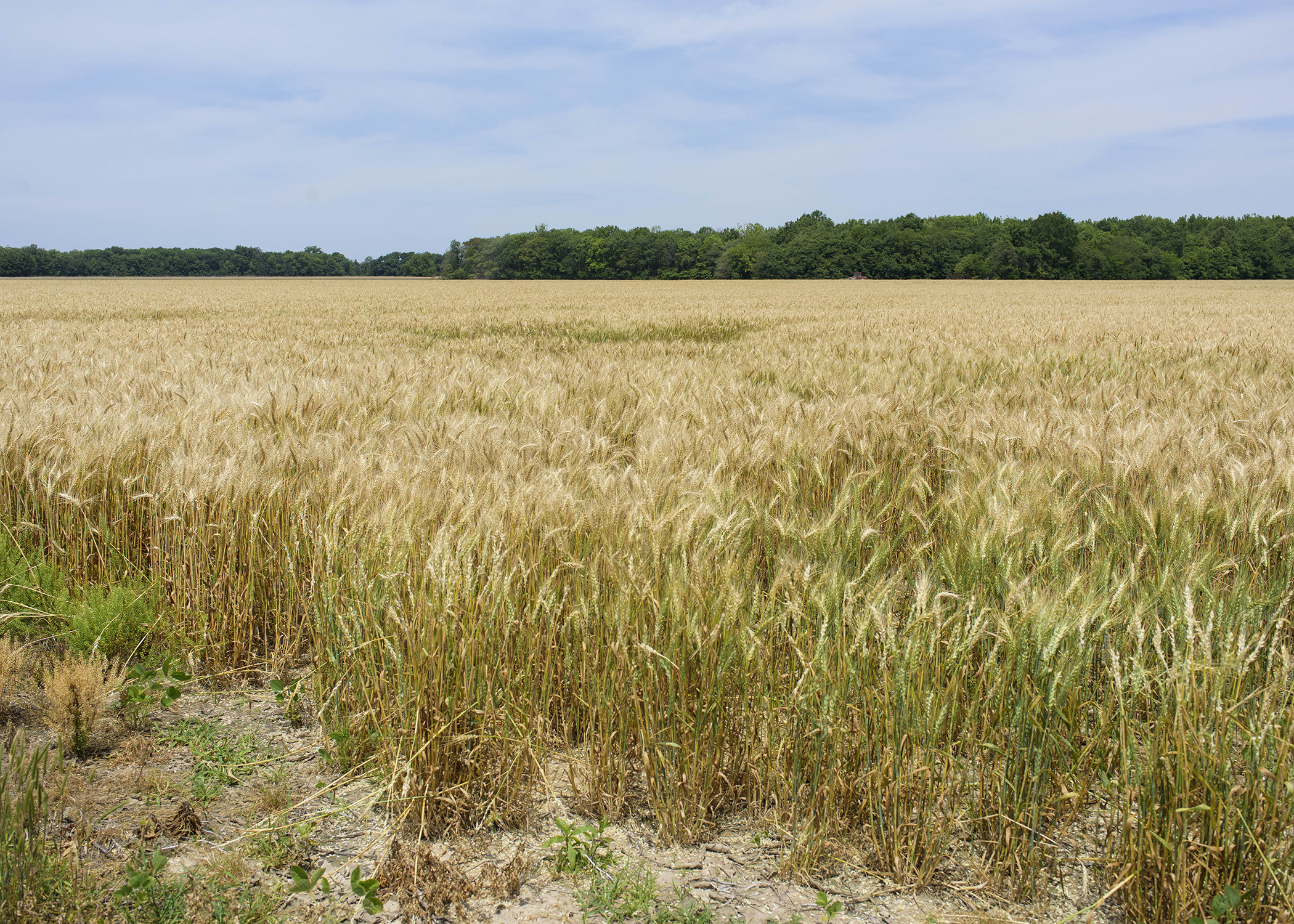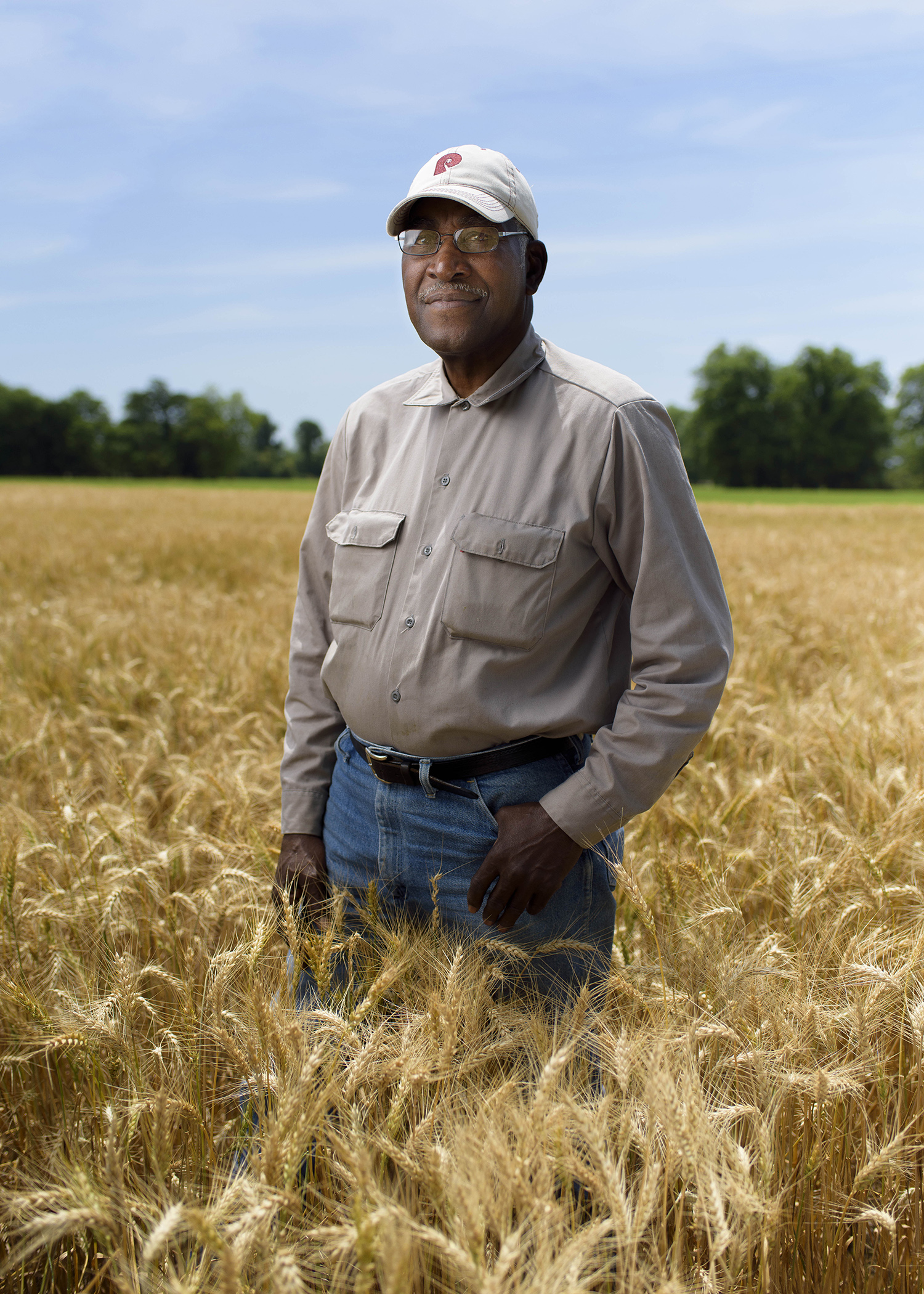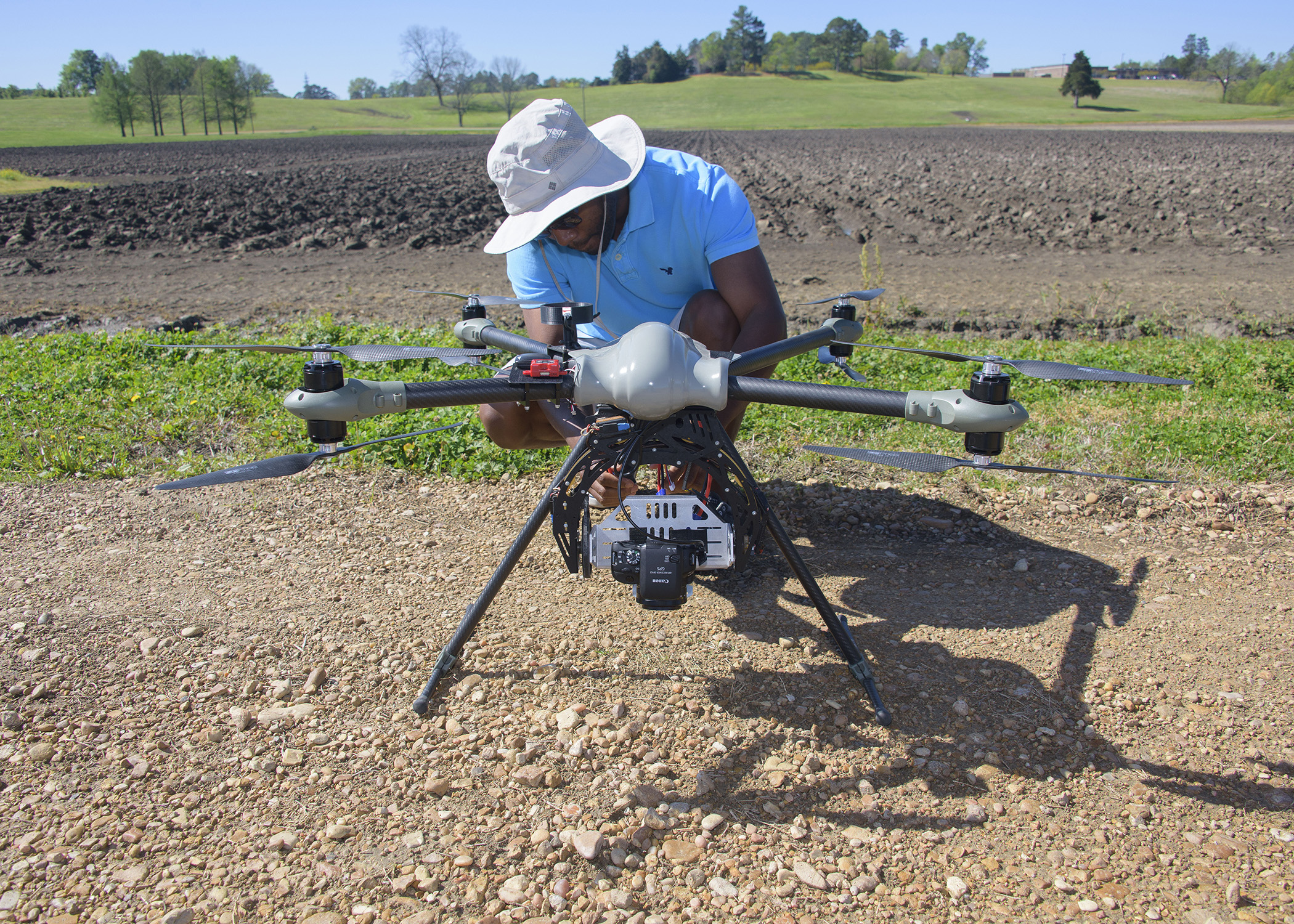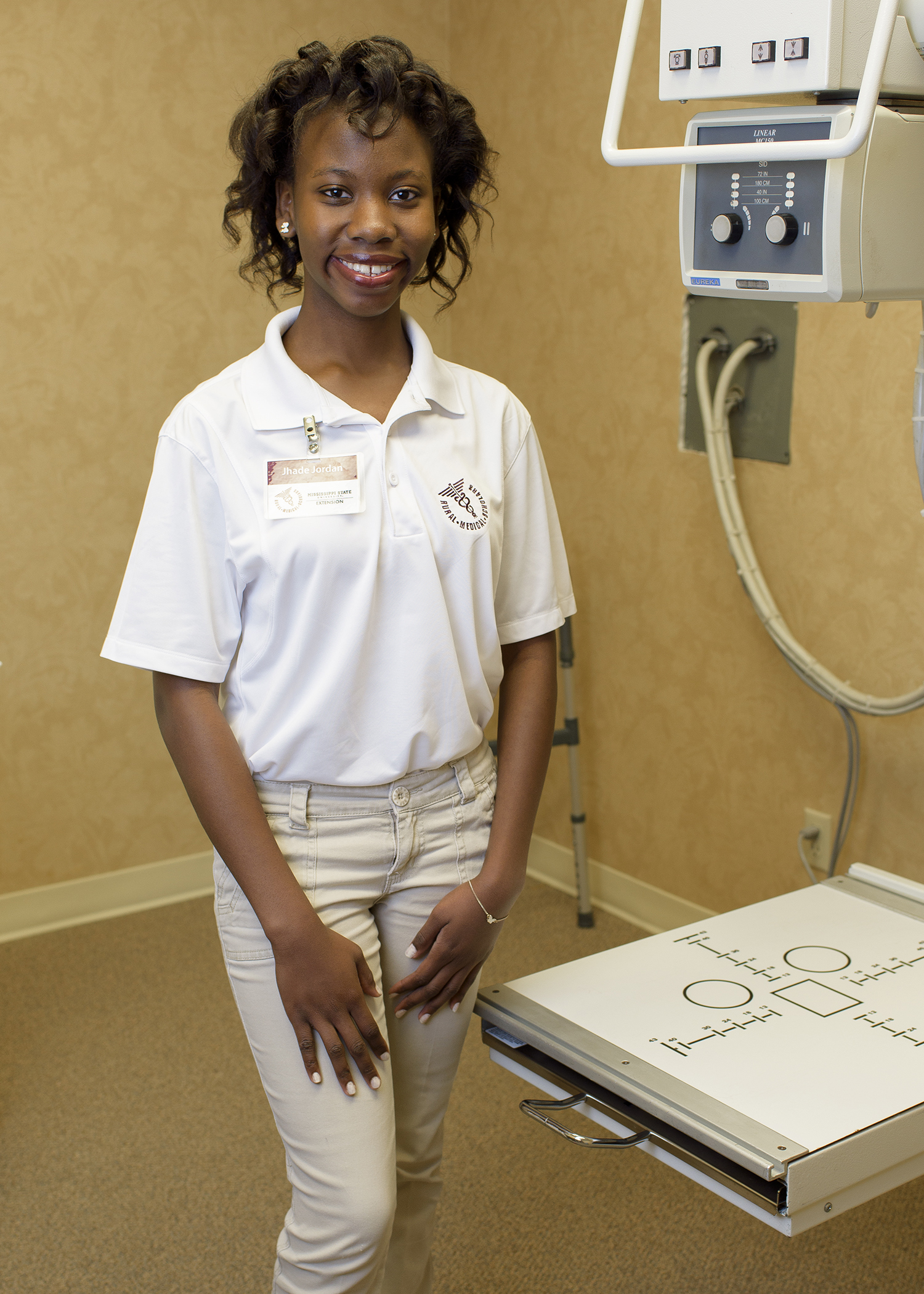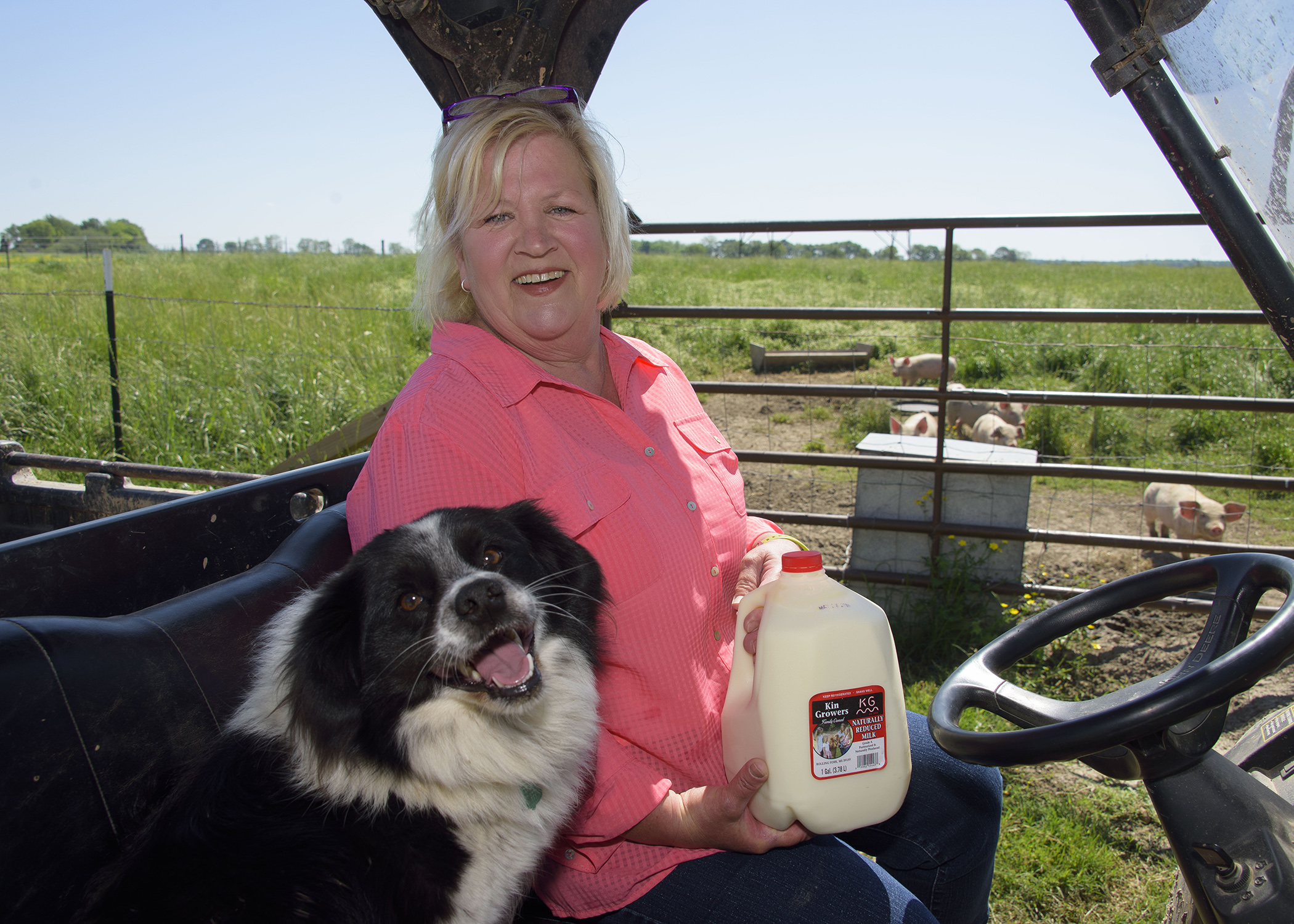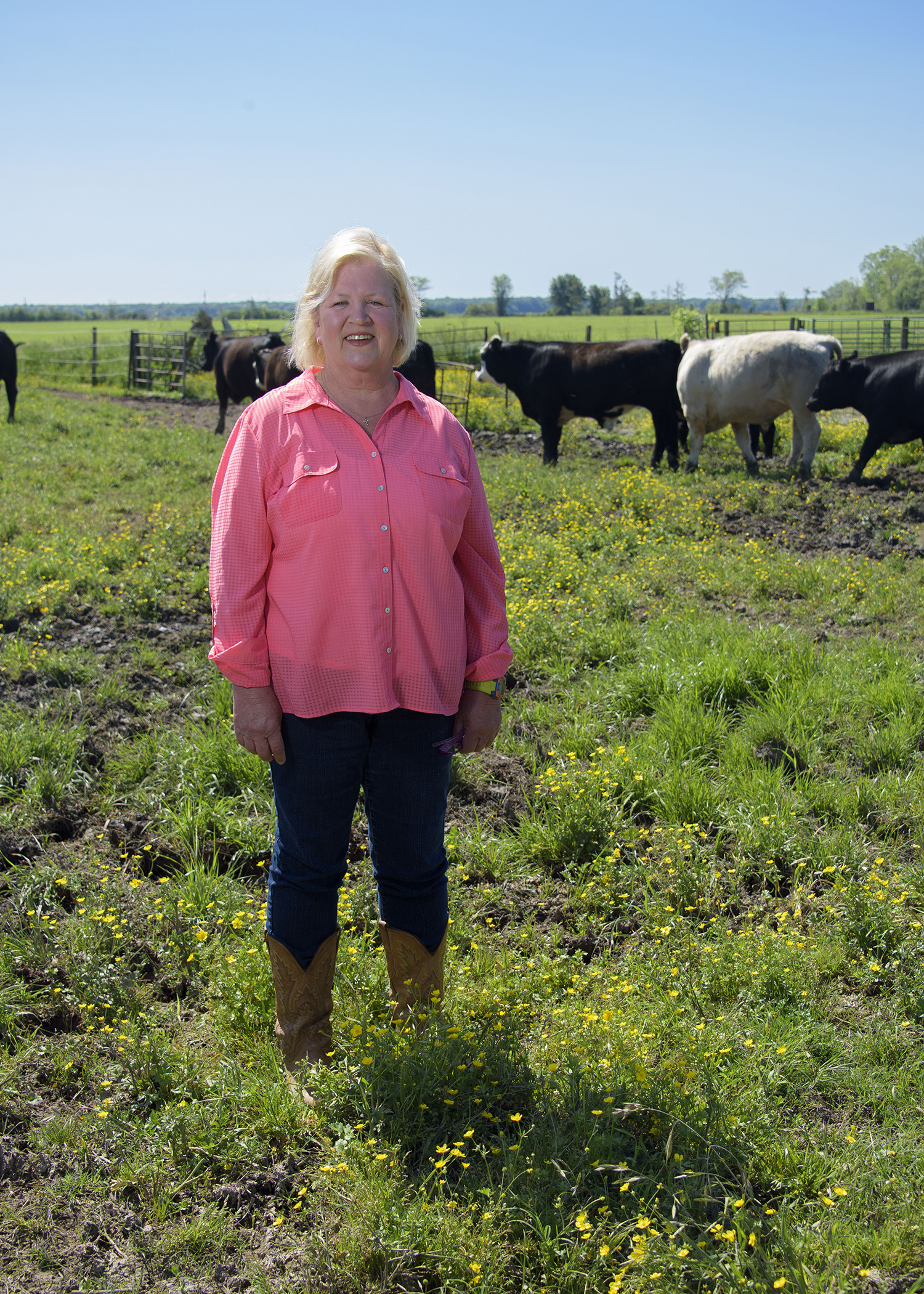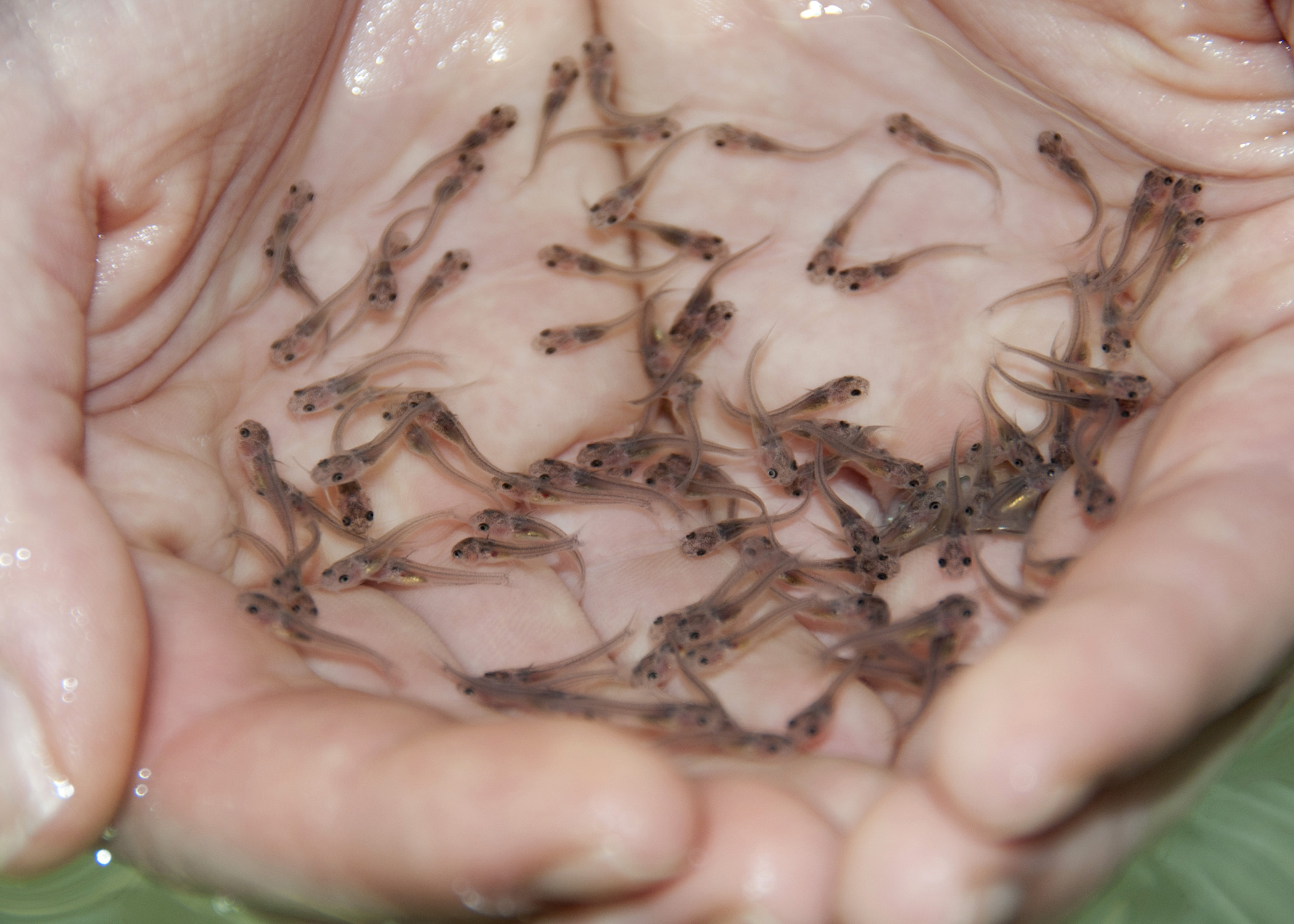STARKVILLE, Miss. -- Summer vacation gives children a break from school, but that does not mean they should stop learning or that summer has to be boring.
RAND Corporation researchers found elementary school students’ academic performance falls by about a month during the summer.
But continued learning does not mean math worksheets, vocabulary lists and tests. Summer is a great time for children to discover learning is fun and can happen anywhere.
STARKVILLE, Miss. -- Reduced acreage, average yields and low prices have added up to another tough year for Mississippi wheat farmers.
The state’s wheat appears to be on track for a third consecutive year in which the value of production was cut in half from the previous year.
Mississippi State University Extension Service agricultural economist Brian Williams said wheat production values were $154.5 million in 2013, $71.7 million in 2014 and $31.5 million in 2015.
STARKVILLE, Miss. -- Part of understanding any emerging technology is clearing up common misunderstandings about it.
About a year ago, the Mississippi State University Extension Service began developing a new program known as Unmanned Aircraft Systems for Decision Agriculture and Environmental Management. The program is designed to educate anyone who might use unmanned aircraft systems, or UAS, professionally or recreationally.
By Michaela Parker
MSU Extension Service
STARKVILLE, Miss. -- With only one doctor available in her hometown of Durant, Jhade Jordan understands the importance of practicing medicine in rural areas.
Jordan is a member of the class of 2016 Rural Medical Scholars program. High school seniors from across Mississippi spent June on the Mississippi State University campus to learn more about becoming a family medicine physician. Through this program, supported by the MSU Extension Service, she learned what it means to be a doctor.
ROLLING FORK, Miss. -- Mindy Rutherford devotes her days to the family’s expanding Rolling Fork farm.
A former teacher, she left the classroom 11 years ago to focus full time on the row crop farm’s administrative duties and to help manage the first beef cattle herd she and her husband, Bill, bought. They are continuing a legacy begun by Bill Rutherford’s father in 1971.
“I always heard that if you are passionate about what you do, you never work a day in your life. It’s true, and that’s how I feel about the farm,” Mindy Rutherford said.
RAYMOND, Miss. -- Outdoor activities in the spring and summer increase the risk of exposure to poison ivy, but the plants’ danger does not disappear when frost arrives.
Thriving on Mississippi’s hot, humid climate, poison ivy is very common across the state and causes discomfort for 80 to 85 percent of the population. The additional bad news is that allergic reactions from exposure to any part of the plants, including roots, also can occur during the winter from dormant plants.
STONEVILLE, Miss. -- As demand for catfish remains high, the only components of its production trending down this year in Mississippi are pond acreage and the price of feed.
Producers are receiving an average of $1.12 to $1.21 per pound of catfish and paying less than $380 for a ton of feed. To Jimmy Avery, Extension aquaculture professor at the Mississippi State University Delta Research and Extension Center in Stoneville, those data are good news for the bottom line.



